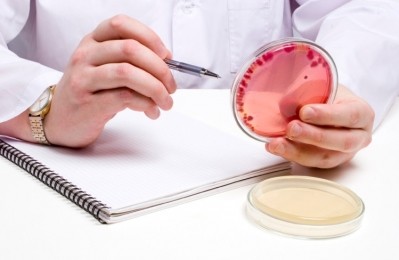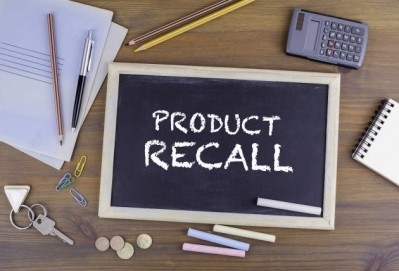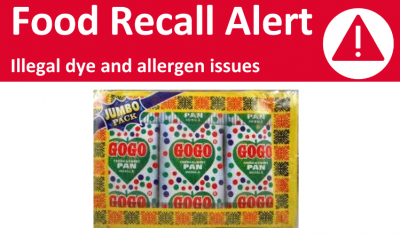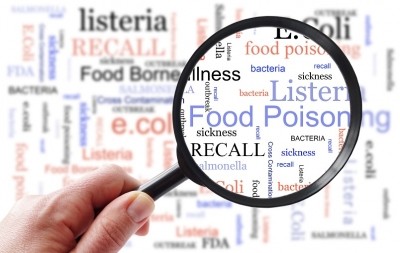Food recalls could rise July – September after lockdown
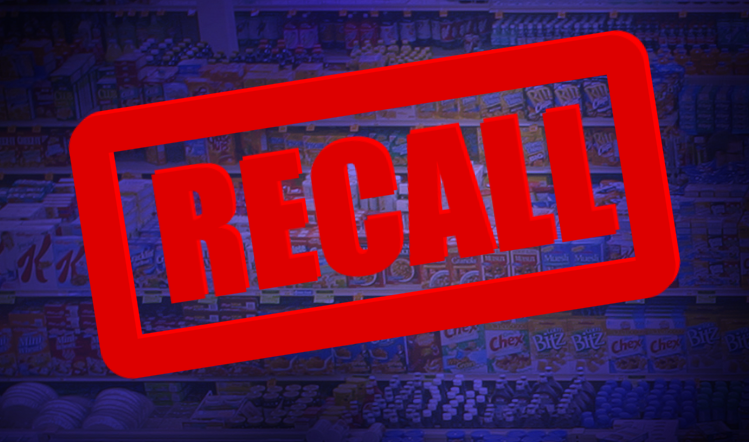
Recalls and compliance consultancy Stericycle’s 2020 Recall Index found that food and drink recalls were down 27% compared with the same period last year (April–June 2019), based on figures from the European Commission’s rapid alert system.
Stericycle attributed the dip in recall reporting to the outbreak of COVID-19 and the effect it has had on the wider food and drink supply chain. That included an extension for replies to infringement procedures to help ease the pressure caused by the pandemic.
Another key factor in the reduction of recalls was the reduced volume of imported food coming into the EU and its member states, mainly due to the disruption to the supply chain.
Labeling errors
Several recalls, especially in the UK, have been caused by overseas goods appearing on store shelves without the correct labeling, Stericycle claimed. This was often because the ingredients were not listed in English, which is required for all food and drink products sold in the UK.
Limitations to the food and drink supply chain could also have prevented some recalls of poultry products contaminated with bacteria such as salmonella and listeria. This is in part thanks to EU member states seeking food from within their borders to circumvent shortages.
Stericycle did warn that the push to support local produce could insight a wave of ‘food nationalism’ that threatened the single market’s ethos, limiting competition and causing distortions to the ‘level playing field’.
The report added: “It remains to be seen if the dramatic drop in recall notifications in this quarter is due to the easing of movement of goods between member states or if the state led cash injections meant that overall imports have dropped during this period.”
Recalls on the rise
However, once lockdowns lift and the general threat of the coronavirus begins to lessen, Stericycle predicted that recalls would inevitably rise.
“What we are sure of though is that, as Europe moves into Q3, we will see an increase in recalls in the food and drink category because no one European country can cater to the demands of its population’s consumption habits on its own,” Stericycle continued.
“Europeans have been spoiled with choice since the conception of the single market. It will survive because the entire continent is dependent on it.”
The report also found that the UK ranked the second highest for the number of recall notifications in Q2 2020 with 72, sitting just behind the Netherlands with 73.
More than a third of UK consumers believe food and drink firms are not transparent enough when it comes to product recalls, according to standards and barcode provider GS1 UK.
